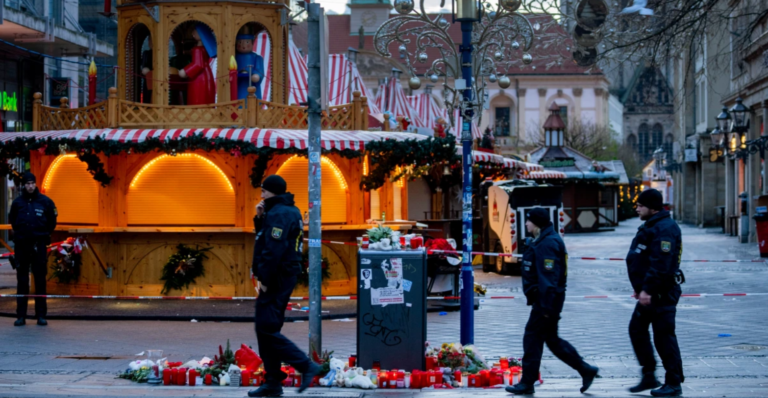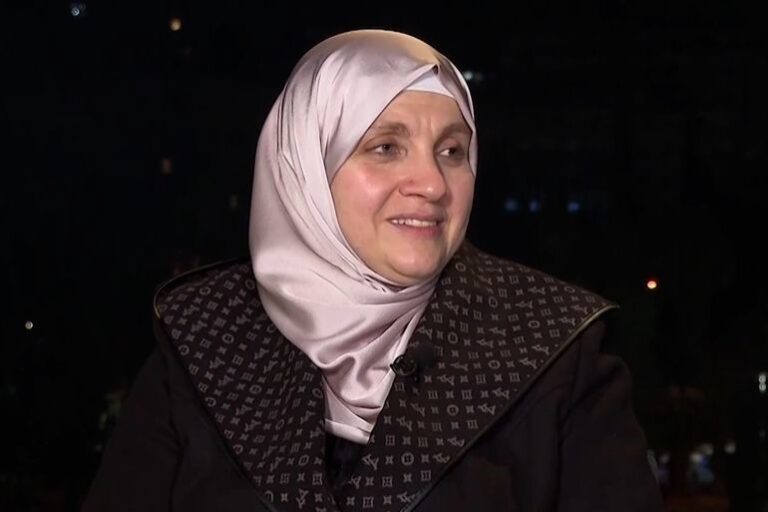As voting unfolds in Ghana’s general election, a tragic incident has marred an otherwise peaceful process. In the northern town of Nyankpala, one person was fatally shot and another wounded, leading to the arrest of four men. Soldiers have been deployed to restore order in the area.
Elsewhere, voting has been conducted peacefully, with enthusiastic voters queuing before dawn to cast their ballots. According to the sources of Leaders of Asia, close to 19 million Ghanaians are registered to vote in an election that will determine a new president and parliamentary representatives in 275 constituencies.
The economy is at the forefront of voters’ minds as Ghana grapples with a debt crisis, high unemployment, and the lingering effects of soaring inflation. President Nana Akufo-Addo is stepping down after completing his two-term limit, paving the way for a new leader.
Among the presidential contenders is former President John Mahama of the National Democratic Congress (NDC), seeking a comeback. His primary challenger is Vice President Mahamudu Bawumia of the New Patriotic Party (NPP), who, if elected, would become Ghana’s first Muslim president. Other candidates include Nana Kwame Bediako, a businessman with youth appeal, and Alan Kyerematen, who left the ruling NPP last year to run independently.
Despite efforts to increase female participation in politics, only one woman, Nana Akosua Sarpong Frimpomaa of the Convention People’s Party (CPP), is in the presidential race. The death of Akua Donkor, the Ghana Freedom Party’s candidate, in October has left her party without representation, as her successor was disqualified.
Ghana’s history of peaceful transfers of power since the return to multi-party democracy in 1992 is being tested again. No party has won more than two consecutive terms, and this election remains a closely watched contest.

Polling stations are open for a 10-hour window, from 07:00 to 17:00 GMT, with land borders temporarily closed until Sunday evening. Results are expected within three days, and if no candidate secures more than 50% of the vote, a run-off will take place by the end of December.
First-time voters like 18-year-old Serwaa Yeboah Joshebeth see this as an opportunity to bring change. “It is important to vote to choose the best for your country,” she said, expressing hope for more job opportunities. Similarly, 95-year-old Kojo Yeboah emphasized the need for a leader who prioritizes education and youth employment. The leading candidates have framed their campaigns around contrasting visions for the nation. Bawumia highlighted the achievements of the current government, while Mahama called for a Ghana of opportunity and justice for all.
As per the Leaders of Asia sources, Ghanaians have faced severe economic hardships in recent years. Inflation peaked at 54.1% in 2022, pushing many into poverty. Although it has eased, the effects linger, compounded by Ghana’s default on debt repayments and ongoing negotiations for restructuring. Youth unemployment remains a pressing issue, with young voters expected to play a crucial role in the election’s outcome.
This election offers Ghanaians a pivotal moment to shape their nation’s future amid significant challenges and opportunities.









